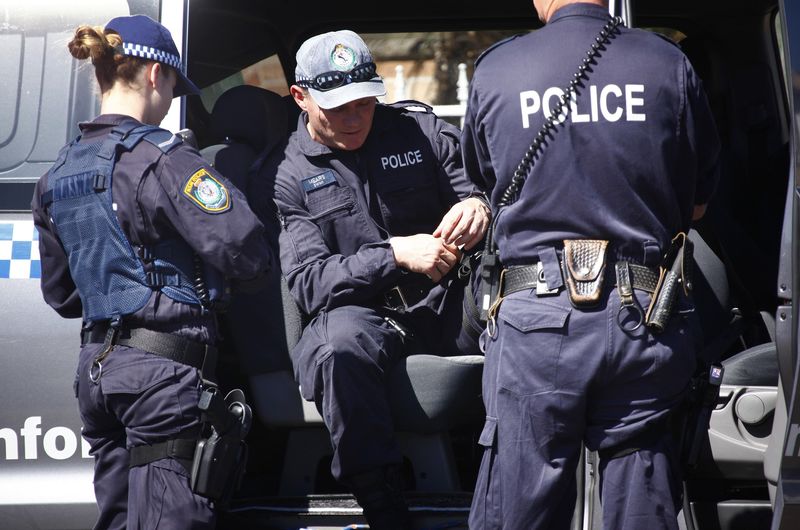SYDNEY, Dec 22 (Reuters) - Australian police on Friday said there was no evidence to suggest a driver who deliberately ploughed into pedestrians in the city of Melbourne on Thursday was linked to extremist organisations.
Speaking at a media conference on Friday, acting chief police Commissioner Shane Patton said police had had preliminary discussions with the 32-year-old driver, but no formal interview as yet.
The man, of Afghan descent, had spoken of "dreams and voices", but also attributed some of his activities to the mistreatment of Muslims.
"We haven't identified any extremist links with this man. We haven't identified him linked to any groups," said Patton. "We haven't identified anyone inciting him to do any actions or any prior extremist activities."
Patton added there were 12 people still in hospital with one person, a male in his 80s, in critical condition. Police said a 4-year-old boy among the injured was no longer in critical condition.
The attack took place on Flinders Street, a major road that runs alongside the Yarra River, in the central business district of Australia's second-biggest city.
In January, four people were killed and more than 20 injured when a man deliberately drove into pedestrians just a few hundred metres away from Thursday's attack. That too was not a terror attack.
Victorian police said a second man who had been arrested at the scene on Thursday had been released and was expected to be charged with possession of cannabis and a controlled weapon. These offences are not linked to the Flinders Street incident.
All roads in Melbourne's central business district were open and trams were operating as usual.
Melbourne has installed about 140 concrete bollards in the city centre to stop vehicle attacks by militants similar to recent attacks in Europe and the United States.
Australia has been on a "high" national threat level since 2015, citing the likelihood of attacks by Australians radicalised in Iraq and Syria.
Two hostages were killed during a 17-hour siege by a "lone wolf" gunman inspired by Islamic State militants in a cafe in Sydney in December 2014.
